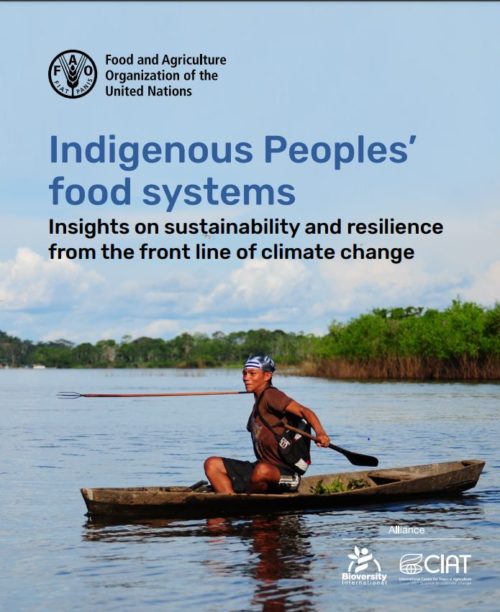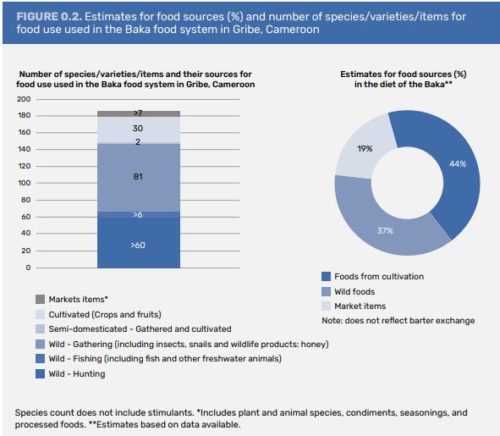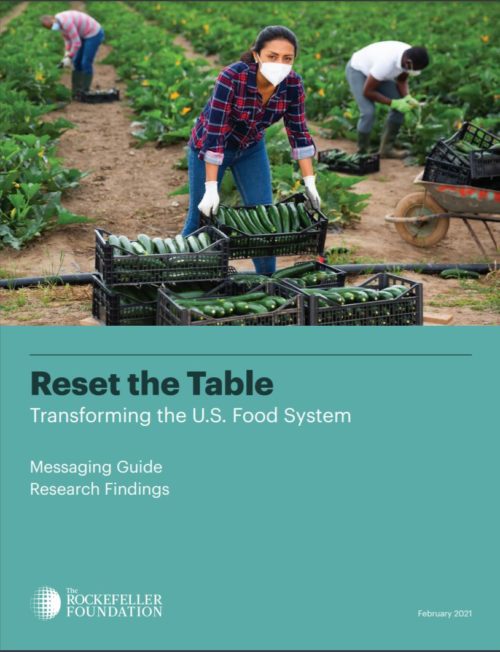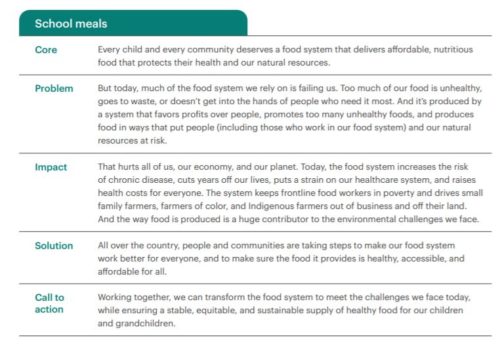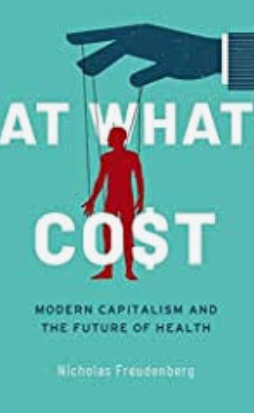The UN Summit on Food Systems 1: The UN Version
A notice to journalists reminds me that it’s time to talk about the UN Summit on Food Systems, scheduled for September. The notice is about the forthcoming Pre-Summit in Rome:
WHEN: The Pre-Summit will take place from Monday, July 26 to Wednesday, July 28.
The tentative programme is available online and virtual media briefings will take place daily. To be able to attend, journalists can register for accreditation here.
WHERE: The Food Systems Pre-Summit is being held in Rome under the leadership of the UN Secretary-General and in partnership with the Government of Italy. A series of affiliated events will take place alongside the Pre-Summit.
WHO: A few of the high-level speakers and delegates expected to participate include:
- Mario Draghi, Prime Minister of Italy
- Katrin Jakobsdottir, Prime Minister of Iceland
- António Guterres, UN Secretary-General
- Amina Mohammed, UN Deputy Secretary-General
- Agnes Kalibata, UN Secretary-General’s Special Envoy for the 2021 Food Systems Summit
- María Juliana Ruiz, First Lady of Colombia
WHY: Ahead of the UN Food Systems Summit, which will take place in September 2021 in New York, the three-day gathering aims to deliver the latest evidence-based and scientific approaches from around the world, launch a set of new commitments through coalitions of action and mobilize new financing and partnerships.
The event will bring together youth, farmers, Indigenous Peoples, civil society, researchers, the private sector, policy leaders and ministers of agriculture, environment, health, nutrition and finance, among other players. More than 70 ministers and commissioners of Member States and the EU are confirmed to participate.
Previous UN press releases explain the preparation for the Pre-Summit and the Summit itself.
January 27: The five action tracks
- Action Track 1: Ensure access to safe and nutritious food for all
- Action Track 2: Shift to sustainable consumption patterns
- Action Track 3: Boost nature-positive production
- Action Track 4: Advance equitable livelihoods
- Action Track 5: Build resilience to vulnerabilities, shocks and stress
April 26: More than 100 countries sign on to develop ways to transform food systems to meet the Sustainable Development Goals.
June 9: the UN announces the results of more than 100 Independent Dialogues on food system transformation.
Independent Dialogues, convened by any interested group on any topic, are one of three main components of the Summit Dialogues along with government-led Member State Dialogues and thematic Global Dialogues. More than 10,000 people took part in the independent sessions that submitted feedback to the Summit by the end of May. Among the 10 common themes that emerged in a new synthesis report published today were diversity, equity, transparency, the need to shift perspectives, and the need to adapt solutions to local contexts.
June 25: the UN announces solutions to problems of food system transformation:
The solutions, published on the online Summit Community, are an extensive menu of possible actions expected to support Member States as they work through national pathways for food systems transformation…The solutions were refined from more than 2,000 ideas proposed during 18 months of dialogues, surveys and open fora with Indigenous Peoples, youth, producers, researchers, NGOs and governments, and represent key areas to address some of the world’s most pressing issues, from hunger and poverty to climate change. Among the game-changing solutions are initiatives to reimagine school meals programmes as well as proposals to include the cost of a healthy diet when calculating poverty lines.
The UN has also issued position papers defining:
And it has an FAQ on the Summit.
All of this sounds thrilling, useful, and much needed, but is it? What’s really going on here?
Tomorrow: The critique—Corporate control of the Summit agenda.

